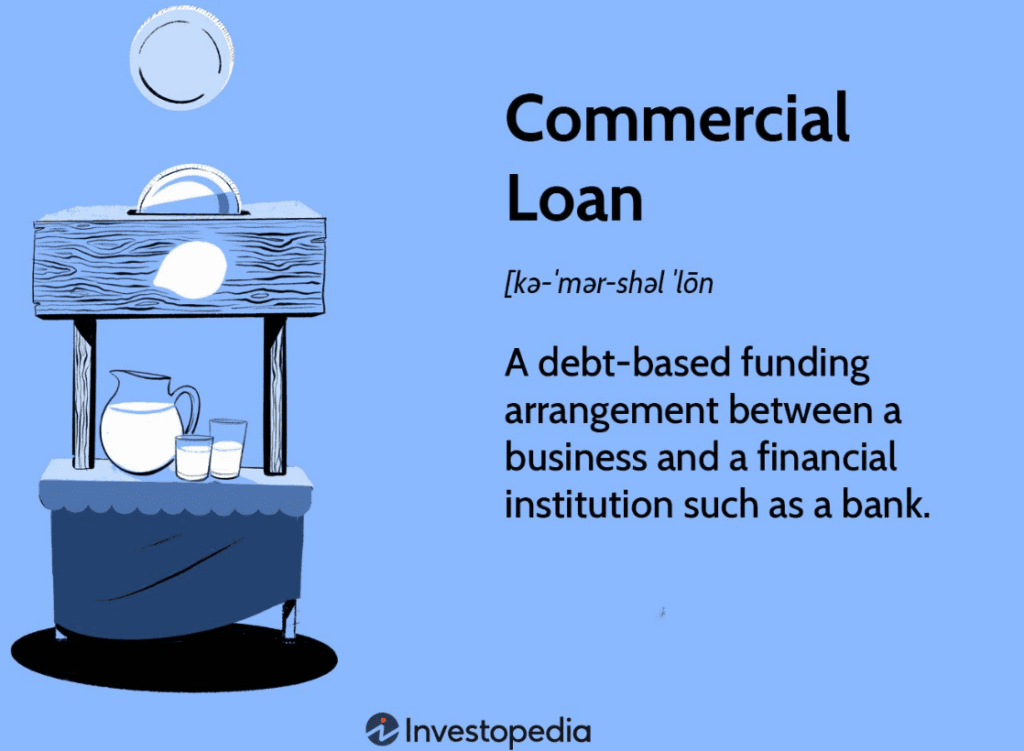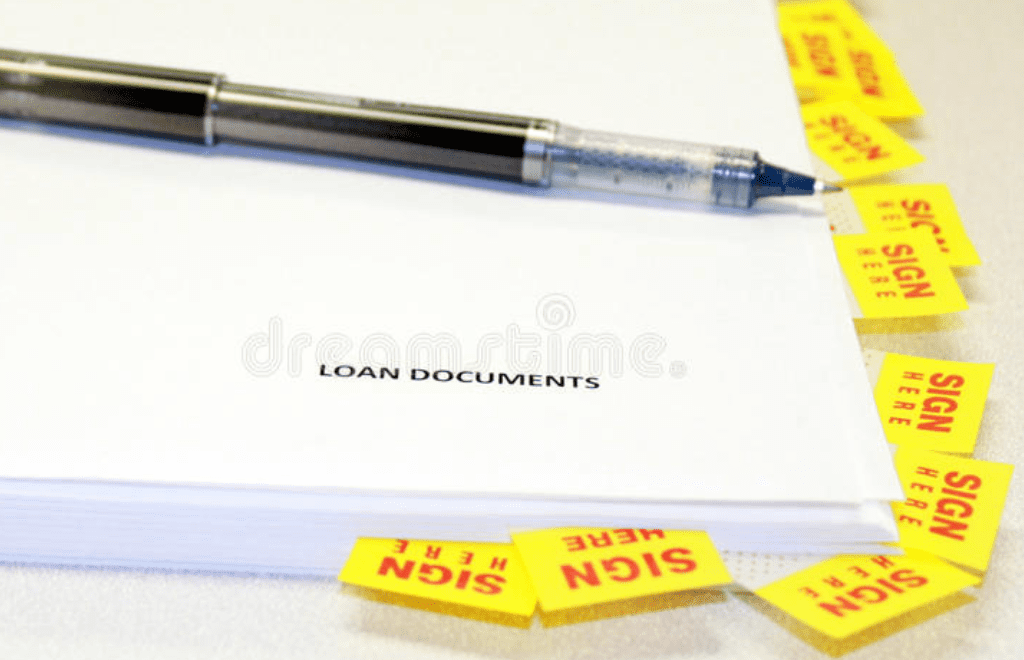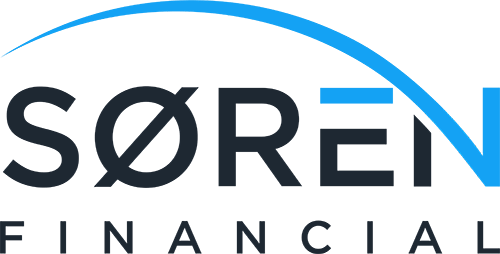
Discover the step-by-step process for obtaining a commercial mortgage for your business or real estate investment, along with helpful advice. Learn how to successfully navigate the application process, satisfy lender requirements, and improve your chances of success.
Obtaining a commercial mortgage can be a complex and difficult process, but it is a crucial step for many businesses and real estate investors seeking to finance property purchases or business ventures. In this article, we will explore the step-by-step process of obtaining a commercial mortgage and offer helpful advice to help you navigate the journey with confidence and improve your chances of success.
1. Define your commercial mortgage objectives.

Prior to beginning the process of obtaining a commercial mortgage, it is essential to define your objectives and financial requirements. Think about the type of property you wish to finance, the loan amount you require, and your long-term financial goals. Having a clear understanding of your objectives will assist you in determining the type of commercial mortgage and lender that will best meet your needs.
2. Research lenders and loan products.
Once you have a firm grasp on your commercial mortgage objectives, the next step is to investigate potential lenders and loan programmes with a mortgage broker. We will conduct extensive research to identify reputable lenders specialising in commercial mortgages and offering loan programmes that meet your financing requirements. Through this process we will compare the terms, interest rates, and requirements of various lenders to determine which one best fits your needs.
3. Gather documentation and prepare financial statements
Obtaining a commercial mortgage necessitates a substantial amount of documentation and financials; therefore, it is essential to be well-prepared. Financial documents such as financial statements, tax returns, business plans, property information, and credit reports are typically required by lenders. As a means of streamlining the application process and demonstrating your creditworthiness to lenders, be sure to collect all required documentation and organise your financials in advance.
4. Submit an Application for a Commercial Mortgage
It is time to submit your commercial mortgage application once you have gathered all the required documentation and prepared your financials. Carefully follow the lender’s application process and provide accurate and exhaustive information. Be prepared to pay application fees and provide the lender with any additional information or documentation requested. During the application process, it is essential to respond promptly and completely to any questions from the lender.
5. Appraise Your Commercial Property
After submitting an application, the lender will typically require an appraisal to determine the value of the commercial property. A professional appraiser evaluates the property’s condition, location, and market value during the appraisal process. The lender will use the appraisal report to determine the loan-to-value ratio (LVR) and the maximum loan amount they will offer. Prepare to pay the appraisal fees and grant the appraiser access to the property.
6. Process of Underwriting and Approval
After receiving the appraisal report and completing their due diligence, the lender will review your commercial mortgage application and decide whether to approve or deny it. This procedure, known as underwriting, involves a comprehensive evaluation of your finances, creditworthiness, and the value of the property. The lender will issue a commitment letter outlining the loan’s terms, conditions, and closing requirements if your application is approved.
7. Review and sign the loan documents

If the lender grants approval, the following step is to review and sign the loan documents. These include the loan agreement, promissory note, and other legal documents outlining the loan’s terms and conditions. Prior to signing the loan documents, it is essential to thoroughly review and comprehend the contents. If you have any questions or concerns regarding the terms of the loan, do not hesitate to seek legal or professional advice.
8. Complete Closing Requirements
After signing the loan documents, you will be required to meet the closing conditions outlined in the commitment letter. This may involve providing additional documentation, satisfying certain conditions, arranging title insurance, and completing other closing-related tasks. Follow the lender’s instructions carefully and submit all required documentation and payments to complete the closing process.
9. Examine Loan Conditions and Repayment Strategy
After the closing of a commercial mortgage, it is essential to review and comprehend the loan terms and repayment schedule. Acquaint yourself with the loan’s interest rate, repayment schedule, prepayment penalties, and any additional fees. Create a plan to effectively manage your loan payments and comply with the loan agreement.
10. Monitoring and maintaining your commercial mortgage
As a borrower, obtaining a commercial mortgage is just the beginning of your journey. It is essential to monitor and maintain your commercial mortgage to ensure compliance with the loan terms and to safeguard your investment. Maintain communication with your lender and keep track of important dates, such as payment due dates and renewals. Communicate proactively with your lender and explore options such as refinancing or loan modification if you encounter financial difficulties.
Suggestions for Securing a Commercial Mortgage
Establish and Maintain a Strong Credit Profile: When evaluating your application for a commercial mortgage, lenders place a significant emphasis on your creditworthiness. By paying your bills on time, reducing your debt, and disputing any negative information on your credit report, you can establish and maintain a strong credit profile.
Prepare Complete Financial Statements: Prepare complete financial statements, including financial statements, tax returns, and business plans. Provide complete and accurate information to demonstrate your ability to repay the loan and effectively manage your business or property.
Conduct Thorough Research and Comparisons of Lenders: Conduct exhaustive research and comparisons of lenders to find the best fit for your commercial mortgage needs. To make an informed decision, consider factors such as interest rates, loan terms, and lender reputation.
Prepare for the Application Process: During the application process, be prepared to provide extensive documentation and to respond promptly to lender enquiries. Being organised and responsive can facilitate the process and increase your likelihood of approval.
Before signing the loan documents, thoroughly review and comprehend the loan’s terms and repayment plan. Obtain professional assistance if necessary to ensure you fully comprehend the loan’s terms and conditions.

In addition to the loan amount, commercial mortgages frequently include closing costs, such as appraisal fees, title insurance premiums, and legal fees. Budget for these expenses in advance to avoid unpleasant surprises at closing.
Maintain Communication with Your Lender: Maintain communication with your lender after the closing of your commercial mortgage. Maintain knowledge of payment due dates, renewals, and any modifications to the loan’s terms. Communicate proactively with your lender if you encounter financial difficulties.
Don’t Hesitate to Explore Loan Modification or Refinancing Options: If you’re experiencing financial difficulties, don’t hesitate to discuss options with your lender, such as loan modification or refinancing. To avoid defaulting on a loan, it is crucial to address any problems promptly and find viable solutions.
Conclusion:
Obtaining a commercial mortgage can be a complex and difficult process, but with proper planning, research, and an understanding of the loan terms, it can be a profitable venture for your business or real estate investment. Follow the procedure outlined in this article, be proactive in fulfilling lender requirements, and keep in contact with your lender to increase your chances of success.
Remember to monitor and maintain your commercial mortgage, and consult a professional when necessary to protect your investment and achieve your financial objectives. Obtaining a commercial mortgage can pave the way for long-term business growth and success with the right approach and diligence. Contact us at startnow@sorenfinancial.com so we can go through your scenario and the next steps.
